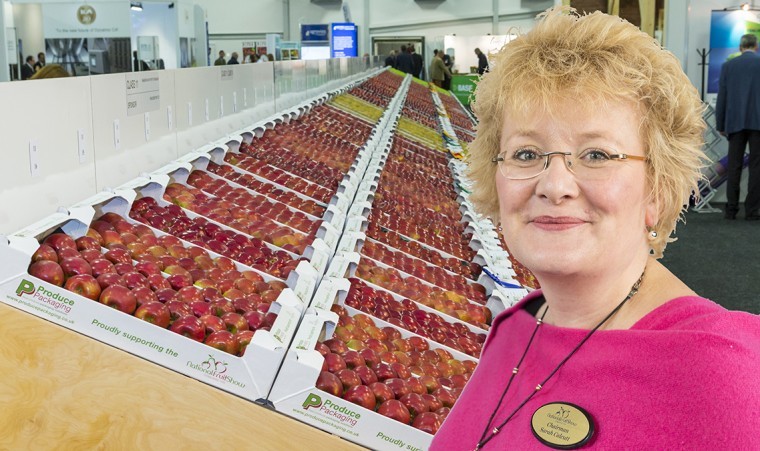We should drink responsibly, drive responsibly and eat responsibly… All three are equally important as they are just as dangerous for your health… So says Richard Evans of PepsiCo.
The City Food lecture is one of the most important events in the food sector calendar, reflecting the wider economy, the wider impact of and the progress within the food sector. 2015 saw the 14th annual lecture focussed on obesity, and in an election year I would imagine that we will hear more on this subject. The venue, as always, was the Guildhall, packed full with an audience eagerly waiting the comment of an interesting panel. I always enjoy the City food lecture, as much for the interaction between the floor and the panel as the main speaker. This year I couldn’t help feeling that Mr Evans was held back by his corporate presentation, the panel might have let go a little more too…
Introductions to the theme called for a more holistic approach than we have seen before; the panel asking that perhaps we will be better served by a broader definition of the nation’s health? What responsibility does the food industry have for the nation’s health? Should the food industry as a whole be funding healthy eating, giving national dietary advice?
Richard Evans made his presentation under four themes:
- 1. The reality of the food industry – disparate ranges with varying degrees of ‘healthiness’, price varies enormously, the nutritional content is highly variable (as is freshness) and there are the drivers of an aspirational nature – the food trends, the new product developments and the new greater health claims
- 2. How can we reframe the critical view of responsibility? Is this balanced by lowest cost first? Ensuring traceability, minimising calorie consumption? Mixture of these or all of them? And what is the balance of responsibility between state parents, food business and culture?
There are poor perceptions by a large proportion of the general public, there is a blame culture that big food businesses have too much power and that fast food cannot cut obesity. ‘Sugar peddling food industry’ was a quote in the Guardian recently. - 3. How the food industry has transformed the nation’s health – during the war McCance and Widdowson were responsible for developing the national diet under rationing, post war they were part of the culture that created the first manufactured foods.
- 4. How the food manufacturing sector might lead in the future. The industry needs to demonstrate that it’s earned the trust and partnership to self-regulate.
We all know that we began the 20th century as a poor, nutritionaly deprived country, the work post war delivering margarine, fortified flour etc through new processes and post war science extending shelf life and nutritional value. The new technologies of freezing, pasteurisation, canning and chilling all leading to a vastly more nutritious diet. We now spend half the time preparing an evening meal than we did 30 years ago and now only 10% of a household income is spent on food (don’t we all feel that statistic!)
I cannot help feeling that with much of the work into the nation’s health being funded by the likes of PepsiCo that it is hardly surprising that fresh produce isn’t really getting the support and prominence in dietary advice that it should. We hear so much about sugar, salt and fat – the constituent part of manufactured food that is much better for us than it used to be. But still not as healthy as something that has been grown not made!




